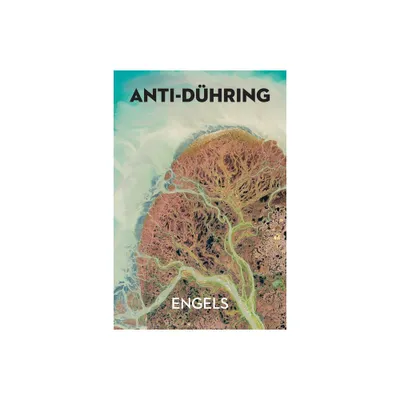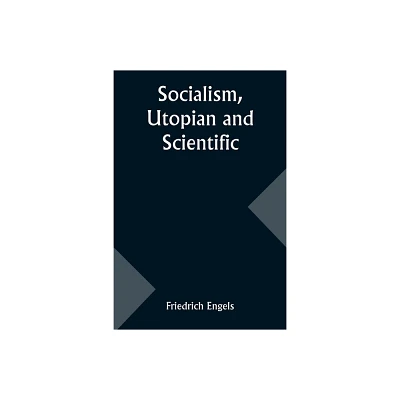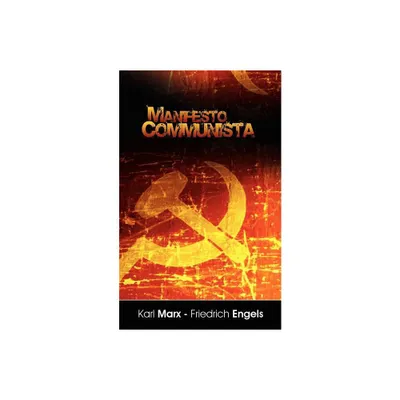Home
Friedrich Engels and the Dialectics of Nature
Loading Inventory...
Barnes and Noble
Friedrich Engels and the Dialectics of Nature
Current price: $99.99


Barnes and Noble
Friedrich Engels and the Dialectics of Nature
Current price: $99.99
Loading Inventory...
Size: Hardcover
*Product Information may vary - to confirm product availability, pricing, and additional information please contact Barnes and Noble
Reading different or controversial intentions into Marx and Engels’ works has been a common but somewhat unquestioned practice in the history of Marxist scholarship. Engels’
Dialectics of Nature
, a torso for some and a great book for others, is a case in point. The entire Engels debate separates into two opposite views: Engels the contaminator of Marx’s “new materialism” vs. Engels the self-educated genius of dialectical materialism. What Engels, unlike Marx, has not enjoyed so far is a critical reading that considers the relationship between different layers of this standard text: authorial, textual, editorial, and interpretational. Informed by a historical hermeneutic, this book questions the elements that structure the debate on the
. It analyzes different political and philosophical functions attached to Engels’ text, and relocates the meaning of the term “dialectics” into a more precise context. Arguing that Engels’ dialectics is less complete than we usually think it is but that he achieved more than most scholars would like to admit, this book fully documents and critically analyzes Engels’ intentions and concerns in the
, the process of writing, and its reception and edition history in order to reconstruct the solved and unsolved philosophical problems in this unfinished work.
Dialectics of Nature
, a torso for some and a great book for others, is a case in point. The entire Engels debate separates into two opposite views: Engels the contaminator of Marx’s “new materialism” vs. Engels the self-educated genius of dialectical materialism. What Engels, unlike Marx, has not enjoyed so far is a critical reading that considers the relationship between different layers of this standard text: authorial, textual, editorial, and interpretational. Informed by a historical hermeneutic, this book questions the elements that structure the debate on the
. It analyzes different political and philosophical functions attached to Engels’ text, and relocates the meaning of the term “dialectics” into a more precise context. Arguing that Engels’ dialectics is less complete than we usually think it is but that he achieved more than most scholars would like to admit, this book fully documents and critically analyzes Engels’ intentions and concerns in the
, the process of writing, and its reception and edition history in order to reconstruct the solved and unsolved philosophical problems in this unfinished work.


















